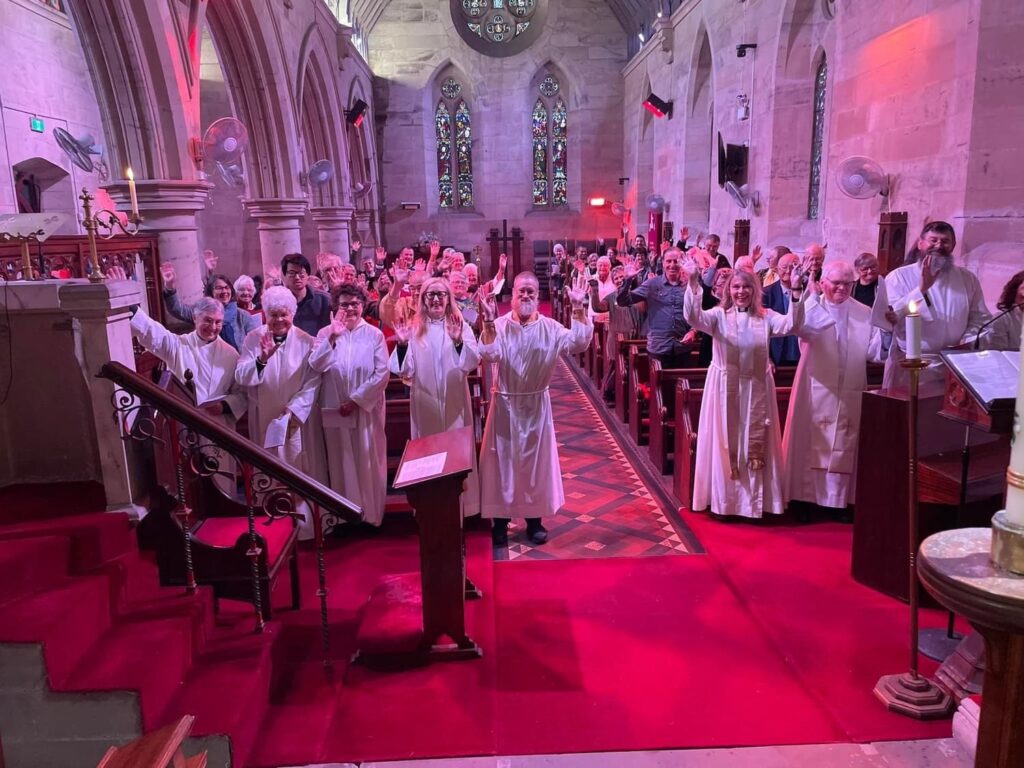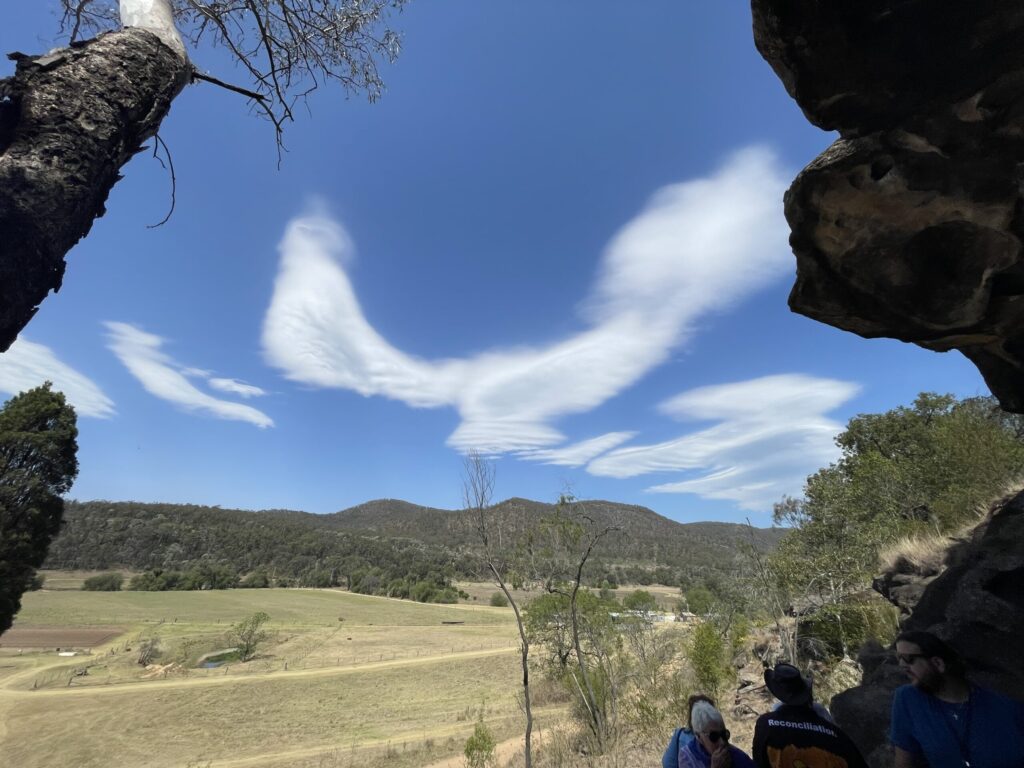Greetings to the Newcastle Anglican community, I am writing to you all about voluntary assisted dying. In a few weeks, the law in New South Wales will change. NSW citizens will, in certain medical circumstances, be able to bring...
Greetings to the Newcastle Anglican community,
I am writing to you all about voluntary assisted dying. In a few weeks, the law in New South Wales will change. NSW citizens will, in certain medical circumstances, be able to bring forward their death. This represents a significant change. For some it is welcome, for others this change is harrowing.
The teaching position of most world faiths expresses serious concerns about this practice. The Anglican Church of Australia has expressed its concern and opposition.
I know that the NSW Parliament considered these perspectives along with other input. It recognised that certain medical trajectories cause a person suffering that cannot be relieved. Suffering that a person considers intolerable. It resolved that it should be possible for those suffering in this way to be able to end their life.
The legislation mandates that their disease, illness, or medical condition must be advanced and progressive. It must, on the balance of probabilities, be likely to cause their death within six months (or within 12 months for neurodegenerative diseases like motor neurone disease).
A new way of responding to terminal illness will soon become part of the NSW way of life. Those who identify as Anglican in our community reflect the breadth of views on this that exist in the wider community.
It is my role as the Bishop to help the Anglican community of our region navigate this change. I have consulted with the Diocesan Council and others. I have been helped by the wisdom of nursing and care staff as well as clergy who regularly care for or minister to the dying.
We recognise that there will be people of faith and people we support who, faced with terminal illness, may contemplate, and proceed with voluntary assisted dying.
I am issuing pastoral guidelines to enable our clergy and workers to exercise a ministry of accompaniment. If their conscience allows them, our clergy and workers will offer care and ministry to these people and their families. They will walk alongside a person and their loved ones with empathy, hope, and consolation.
I am committed to ensuring there will be no withdrawal of care, spiritual care, or sacramental ministry. At the same time, I want to ensure that no one is expected to work in a way that their conscience does not allow. No one will be asked to provide care or ministry where they are uncomfortable doing so.
We recognise that a person contemplating these choices may reach out to explore their thinking. We believe that a person has the right to choose who they talk with. They may give or withhold consent to a conversation.
The voluntary assisted dying law requires operators of residential facilities like us at Anglican Care not to put obstacles in the way of a person freely seeking advice about their choices. However, we are able to withdraw from some aspects of voluntary assisted dying.
The Diocesan Council and I have decided that Newcastle Anglican and its staff will not �
1. Participate in the Voluntary Assisted Dying request and assessment process,
2. Participate in Voluntary Assisted Dying administration decision,
3. Prescribe, supply, or administer a voluntary assisted dying substance and/or
4. Store a voluntary assisted dying substance.
Newcastle Anglican staff, including Anglican Care team members, are not permitted to participate in the voluntary assisted dying process.
People in our residential services are freely able to seek guidance and assistance from their General Practitioner and/or NSW Department of Health Navigator Service on voluntary assisted dying. If they meet the requirements of the legislation, they may be assisted to die in our residential facilities with the assistance of external medical practitioners.
I have reflected on all of this for some time. One of the most well-known psalms contains the words, �God, though I walk through the valley of the shadow of death, you are with me, you act to comfort me.�
Death is the inevitable reality we all face. In my pastoral work, I have accompanied people who experienced healing of relationships and the blessing of peace in their dying journey.
Some of the most significant moments of meaning, connection, and purpose have emerged for the person, their loved one, and me in these times. I have also witnessed very complex dying journeys.
Voluntary assisted dying will bring a change to the shape and pattern of dying. As a church that cares and as organisations that provide services, we are part of this change.
My prayer is that we will all know God�s companionship especially when it is time to face our own death and the death of people we love.
My prayer is that our work and ministry to the dying will reflect the compassionate way of Jesus.
May Jesus, who has gone before us in dying and granting us eternal life, grace us with wisdom and insight.
Grace and peace,

Dr Peter Stuart
Anglican Bishop of Newcastle
The post A pastoral letter to the Newcastle Anglican community appeared first on Newcastle Anglican.








